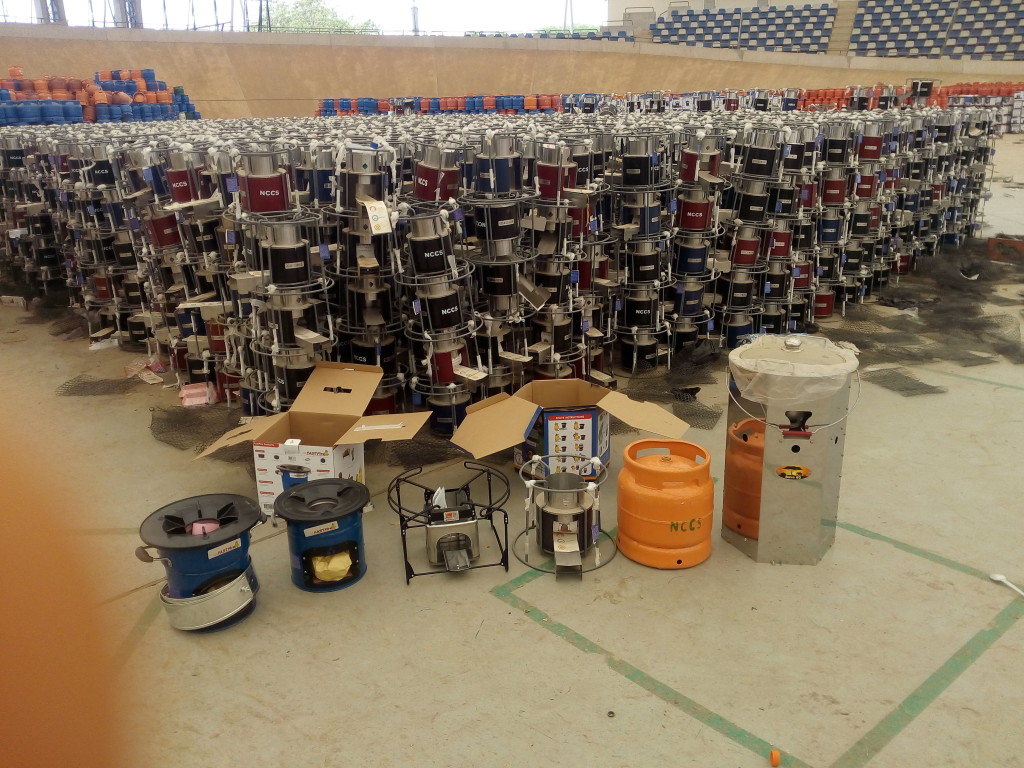Representatives of Ministries, Departments and Agencies (MDAs) in the cooking energy sector have agreed to develop a Clean Cooking Policy to promote clean cooking in Nigeria. This is the outcome of a clean cooking governance workshop funded by Heinrich Boll Stiftung with the theme “Improving Clean Cooking Policies and Institutional Framework in Nigeria” held on Thursday, July 8, 2021 in Abuja.

Existing laws and regulations that relate to clean cooking are said to be fragmented in policies of relevant MDAs, and lack consistency and coherence. Also, some of the current policies have conflicting national targets and most have no diligent implementation frameworks. For this reason, participating MDAs agreed to develop a standalone clean cooking policy document to provide clear road map for the sector.
In addition to developing a single policy document on clean cooking built on existing policies, federal government agencies resolved to set up clean cooking units in all relevant MDAs. To ensure adequate coordination, the representatives of MDAs also agreed to set up a sub-committee on clean cooking under the existing inter-ministerial committee on climate change currently chaired by the Federal Ministry of Environment.
Since there is already an existing inter-ministerial commitment on Liquefied Petroleum Gas (LPG), participants resolved to work towards the expansion of the mandate of this committee to include other cooking solutions. Further, the delegates from the MDAs agreed to work on a bill to promote clean cooking and present this to the National Assembly for promulgation of an act on clean cooking.
The Acting Director, Department of Climate Change, Federal Ministry of Environment, Mrs. Halima Bawa-Buhari, in her opening remarks, stated: “The advancement of clean cooking would be best achieved if stakeholders shared a common understanding of the benefits of clean cooking. She cited policy inconsistencies and a lack of institutional leadership as major impediments to clean cooking progress and re-iterated calls for less reliance on biomass cooking, which depletes forest resources, causes environmental degradation, causes drudgery, and contributes to climate change through greenhouse gas emissions.”
MDAs represented at the workshop include the Federal Ministry of Environment, Federal Ministry of Petroleum Resources, Federal Ministry of Agriculture and Rural Development, Federal Ministry of Women Affairs and Social Development, Federal Ministry of Power, Energy Commission of Nigeria (ECN), National Bureau of Statistics (NBS), Standards Organisation of Nigeria (SON) and National Orientation Agency (NOA).
The workshop was attended by representatives from the National Assembly committees on Environment, Climate Change and Ecology as well as Women Affairs of the Senate and House of Representatives. Other participants include bilateral development agencies, NGOs, private sector, and the academia.
According to experts, cooking with firewood or charcoal leads to health challenges like acute lower respiratory infection in children. It causes chronic obstructive pulmonary disease, heart disease and lung cancer.
Smoke from the kitchen in Nigeria leads to 78,000 premature deaths and about 55 million metric tons of carbon dioxide equivalents are emitted from the same source.
